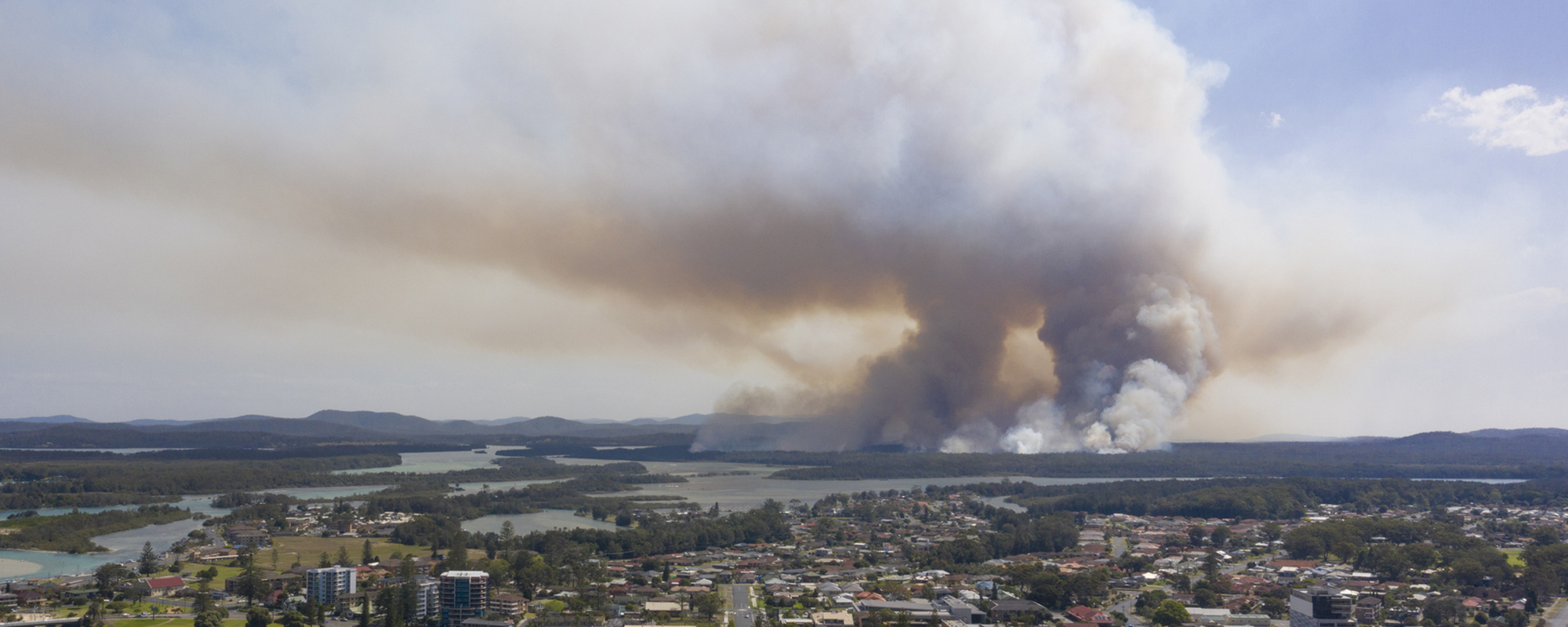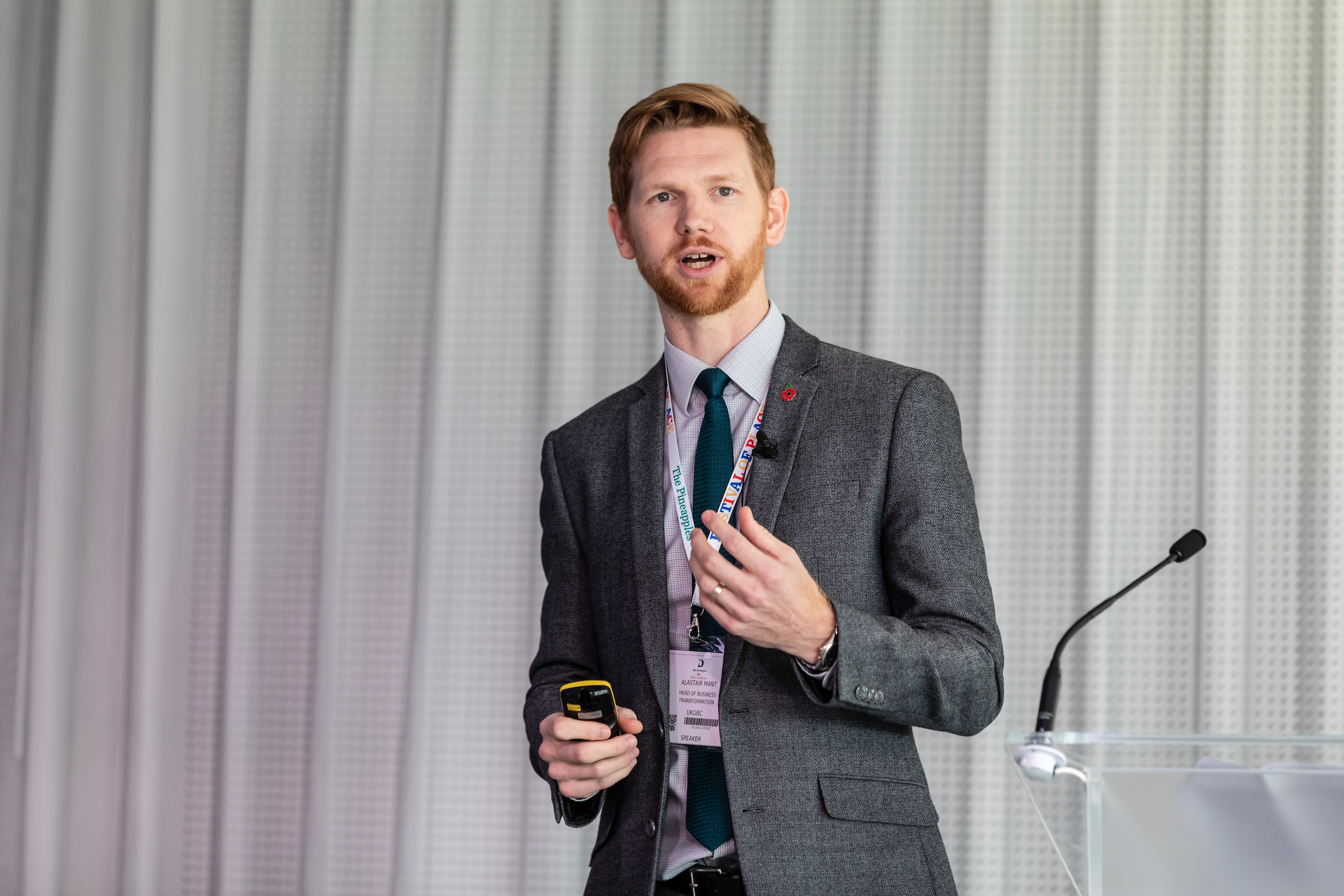Get updates from The Developer straight to your inbox Yes, please!
“Capital is at risk and people in finance do not like that”
Banks and investors are now leading the charge on climate change risk-mitigation, says Alastair Mant, Head of Business Transformation at UKGBC

“How much of your [property] fund is at risk from flooding, severe winds or overheating? If people can’t go to the office, they aren’t going to pay their rent,” says Alastair Mant, Head of Business Transformation, UKGBC.
It’s now finance that is leading the charge on climate change risk-mitigation, and this, more than anything else, will accelerate change in how we build our cities, Mant tells the audience at The Developer’s Risk & Resilience conference in November 2019.
The Bank of England’s Prudential Regulation Authority has told banks that they must have a named individual responsible for climate change on their board of directors.
“You can’t just push it down on the head of sustainability and hope it happens,” says Mant. “It’s the same for Pension Fund trustees. They’re now duty bound to report on how [climate] risks will impact their funds.”
As soon as board members are responsible for things, that’s when we see quick progressive action on climate mitigation in the built environment, Mant tells the audience in his talk, now available on The Developer podcast.
The Taskforce on Climate-related Financial Disclosure (TCFD), launched by former Bank of England governor Mark Carney, has also issued guidance for private companies on what they should be reporting in terms of risks to their assets and supply chains.
Despite TCFD reporting currently being voluntary, there are growing calls for mandatory reporting, and over 480 investors representing US$42 trillion have opted to complete the TCFD indicators and submit responses. Signatories of the Principles of Responsible Investing will adopt mandatory reporting in 2020, including 299 investment managers, 59 asset owners and 52 service providers in the UK and Ireland.
Aviva Investors’ Edward Dixon, Head of ESG Real Assets told The Developer that in future, ESG investors will need more comparable and transparent environmental, social and governance data from the property industry.
Mant says part of de-risking property portfolios is through scenario assessments – for example, how does your portfolio hold up under 2 degree and 4 degree scenarios in terms of flooding or overheating?
Current projections suggest we will reach 4 degrees within 80 years. For the UK, this will mean more extreme weather events, and much hotter, drier summers, with greater risk of drought and overheating: “So you might want to celebrate that we’ll have a climate like Marseille come 2040, but then you think I’ll have to come in on the Jubilee Line or the Central Line and think that’s not so great.”
As for the sixth mass extinction, Mant says: “The advantage we have over [the dinosaurs] is that we know it’s coming. We can see the data. We know what’s causing it, we know who is responsible for it, and it’s us, which means we have the power to change it.”
This year’s Festival of Place is happening on 7 July 2020 – go to www.festivalofplace.co.uk for updates on tickets and speakers.
Listen to the podcast by clicking on the link above and sign up to The Developer Weekly to be updated when new episodes go online.
Sign up to our newsletter
Get updates from The Developer straight to your inbox
Thanks to our organisation members
Become a member
© Festival of Place - Tweak Ltd., 124 City Road, London, EC1V 2NX. Tel: 020 3326 7238


